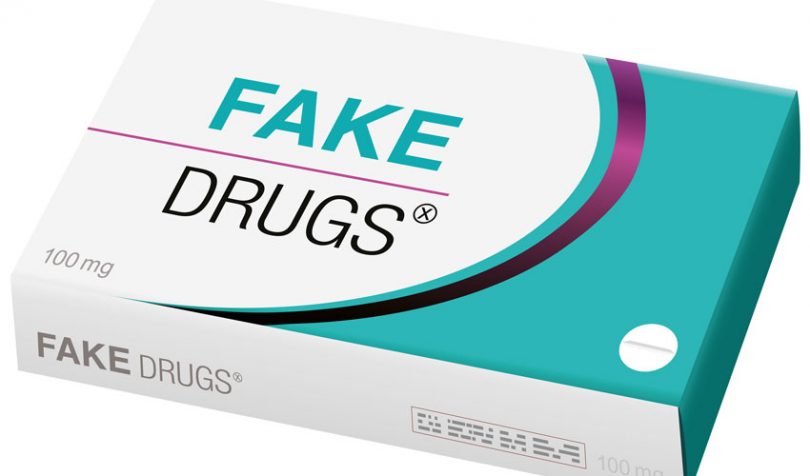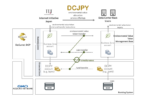Japanese logistic firm Nippon Express is working with Accenture and Intel Japan to develop a blockchain-based logistics system reported the Nikkei. Nippon Express said it would invest up to 100 billion yen ($980 million) in developing the system, starting with the pharmaceuticals industry and a scheduled launch in 2021.
The company aims to eliminate counterfeit drugs from entering the pharmaceutical supply chain and assure compliance with Good Distribution Practices (GDP).
The billion-dollar investment will be used to construct the pharmaceutical transportation network, including warehouses, trucks and their maintenance. Intel will supply sensors, likely Internet of Things (IoT) devices, to ensure temperature control during transportation and RFID tags will be used for tracking and automatically update the blockchain. Nippon said Accenture would handle the technological aspect of the project.
The launch of the project comes at a time when several countries are scrutinizing pharmaceutical distribution networks. In the U.S., the Drug Supply Chain Security Act (DSCSA) is being rolled out in phases. The 2019 phase aimed to identify and trace fake medicines returns. Several pharma firms are developing solutions to meet DSCSA requirements, and blockchain is favored by many. Two examples are Mediledger and IBM’s PhUN network.
In Japan, the 2017 incident involving the ‘Harvoni’ hepatitis C medication tablets made the news. Counterfeit medicines were discovered at various pharmaceutical stores and hospitals across the country.
Nippon said the platform would track the import and export of raw materials and products, and their delivery to medical institutions. It aims to bring manufacturers, wholesalers, and medical institutions onto a single platform.
A key benefit is reducing the need for manual checks leading to a reduction in cost and time.
While the platform is initially focusing on pharmaceuticals, blockchain will also be used to monitor the transport of other goods. Nippon said shipping companies are expected to join the platform and improve the overall efficiency of supply chains.
Other examples of pharma supply chain projects include the European Pharmaledger consortium was set up with 29 members; 12 of them are global pharmaceutical companies. The consortium will explore several uses cases, including supply chain, clinical trials, and health data.
Elsewhere, Singapore’s Zuellig Pharma has built a blockchain-based medicine provenance solution to eliminate counterfeit drugs from its supply chain.







